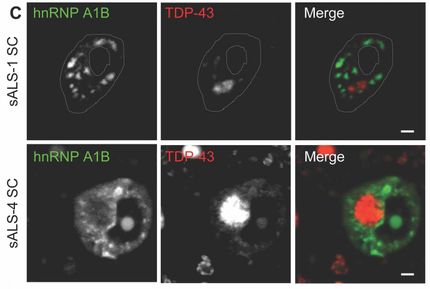Two software tools that improve identification of cancer biomarkers earn certification
The explosive growth of genomic and proteomic data has ushered in a new era of molecular medicine in which cancer detection, diagnosis and treatment are tailored to each individual's molecular profile. But this personalized medicine approach requires that researchers discover and link biomarkers - such as genes or proteins - to specific disease behaviors, such as the rate of tumor progression and different responses to treatments.
Two new software programs that help address that challenge have recently earned silver-level compatibility certification from the National Cancer Institute's cancer Biomedical Informatics Grid®, also known as caBIG®. The programs improve the process of identifying cancer biomarkers from gene expression data.
Developed by May Dongmei Wang and her team in the Wallace H. Coulter Department of Biomedical Engineering at Georgia Tech and Emory University, the programs - caCORRECT and omniBioMarker - remove noise and artifacts, and identify and validate biomarkers from microarray data. Funding to develop the programs was provided by the National Institutes of Health, the Georgia Cancer Coalition, Microsoft Research and Hewlett-Packard.
"Certification by caBIG means the tools can be easily used by everyone in the cancer community to improve approaches to cancer detection, diagnosis, treatment and prevention," said Wang, an associate professor in the Coulter Department and a Georgia Cancer Coalition Distinguished Cancer Scholar.
caBIG is a collaborative information network that enables researchers, physicians, and patients to share data, tools and knowledge to accelerate the discovery of new approaches that they hope will ultimately improve cancer patient outcomes. To become caBIG-certified, caCORRECT and omniBioMarker passed a rigorous set of requirements, ensuring the cancer research community that the software tools are high quality and interoperable with all other caBIG-certified systems for nationwide deployment.
caCORRECT - chip artifact CORRECTion - is a software program that improves the quality of collected microarray data, ultimately leading to improved biomarker selection. Widely used Affymetrix microarrays contain thousands of probes, each including a 25-oligo sequence, which are used to detect mRNA expression levels.
Most read news
Topics
Organizations
Other news from the department research and development
These products might interest you

Get the analytics and lab tech industry in your inbox
By submitting this form you agree that LUMITOS AG will send you the newsletter(s) selected above by email. Your data will not be passed on to third parties. Your data will be stored and processed in accordance with our data protection regulations. LUMITOS may contact you by email for the purpose of advertising or market and opinion surveys. You can revoke your consent at any time without giving reasons to LUMITOS AG, Ernst-Augustin-Str. 2, 12489 Berlin, Germany or by e-mail at revoke@lumitos.com with effect for the future. In addition, each email contains a link to unsubscribe from the corresponding newsletter.

























































